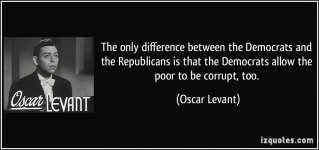The Uranium One scandal is manufactured drama
The key event that the myth is based on is Russia’s nuclear power agency purchasing a controlling stake in the Toronto-based energy company in 2010. The company had mines and land in a number of US states with huge uranium production capacity — a move the US State Department signed off on. But PolitiFact did a thorough fact-check of the claim last year when Trump tried to make it into a scandal on the campaign trail, and found the following faults with it:
1. The mines, mills, and land the company holds in the US account for 20 percent of the US’s uranium production capacity, not actual produced uranium.
2. The State Department was one of nine federal agencies and a number of additional independent federal and state regulators that signed off on the deal.
3. President Barack Obama, not Clinton, was the only person who could’ve vetoed the deal.
4. Since Russia doesn’t have the legal right to export uranium from the US, its main goal was likely to gain access to the company’s uranium assets in Kazakhstan.
5. Crucially, the main national security concern was not about nuclear weapons proliferation, as Trump has suggested, but actually ensuring the US doesn’t have to depend too much on uranium sources from abroad, as the US only makes about 20 percent of the uranium it needs. An advantage in making nuclear weapons wasn’t the main issue because, as PolitiFact notes, “the United States and Russia had for years cooperated on that front, with Russia sending enriched fuel from decommissioned warheads to be used in American nuclear power plants in return for raw uranium.”
The Republican focus on Clinton and Uranium One are really in service of a broader political goal: to distract from and push back against the growing investigations into the Trump administration’s possible collusion with Moscow.
That investigation has grown explosive in recent weeks as Mueller has announced indictments against former Trump campaign manager Paul Manafort and campaign aide Rick Gates and unsealed a guilty plea from campaign adviser George Papadopoulos, who told the FBI that he’d met with a Russian-linked professor who said Russia had “dirt” on Clinton, including thousands of her stolen emails.
Republicans are terrified that the Mueller probe could deal a huge blow to their party’s reputation and further dampen their declining prospects in the 2018 midterm elections. At this point, they’re desperate for ideas to distract people from Trump’s scandals — including reviving a false and debunked claim about the uranium deal.



